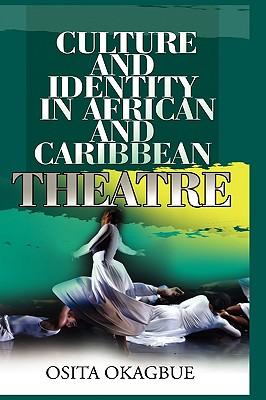Because of a shared experience of European colonialism and trans-Atlantic slavery, issues of culture and identity are major concerns for African and Caribbean playwrights. Slavery and colonialism had involved systematic acts of cultural denigration, de-humanization and loss of freedom, which left imprints on the collective psyches of the colonized Africans and enslaved peoples of African descent in the Caribbean. Both experiences brought intense cultural and psychic dislocations which still impact in various ways on the lives of Africans and peoples of African descent around the world. African and Caribbean playwrights try to help their peoples regain their dignities by affirming their cultures, histories and identities. The book focuses on the similarities and differences between Caribbean theatre and the theatre of sub-Saharan Africa, showing how identities and cultures are negotiated and affirmed in each case.

Culture and Identity in African and Caribbean Theatre
Because of a shared experience of European colonialism and trans-Atlantic slavery, issues of culture and identity are major concerns for African and Caribbean playwrights. Slavery and colonialism had involved systematic acts of cultural denigration, de-humanization and loss of freedom, which left imprints on the collective psyches of the colonized Africans and enslaved peoples of African descent in the Caribbean. Both experiences brought intense cultural and psychic dislocations which still impact in various ways on the lives of Africans and peoples of African descent around the world. African and Caribbean playwrights try to help their peoples regain their dignities by affirming their cultures, histories and identities. The book focuses on the similarities and differences between Caribbean theatre and the theatre of sub-Saharan Africa, showing how identities and cultures are negotiated and affirmed in each case.